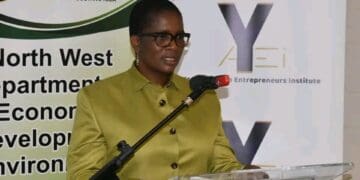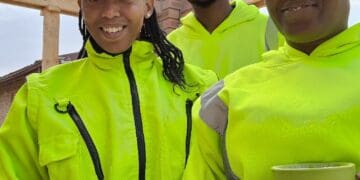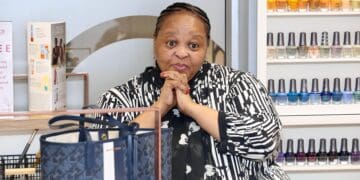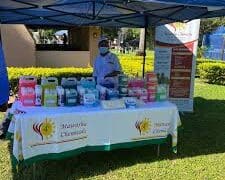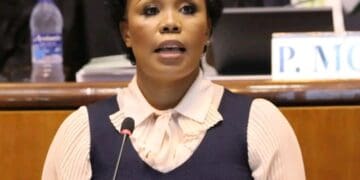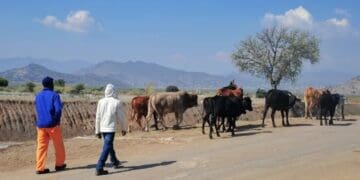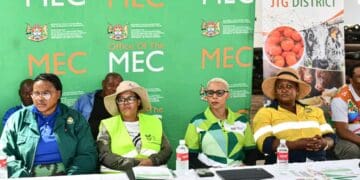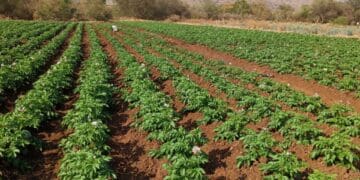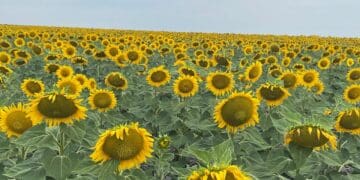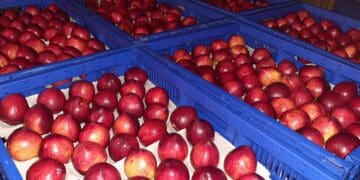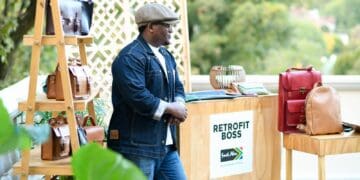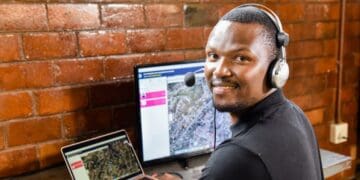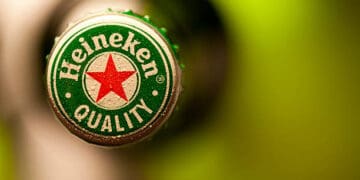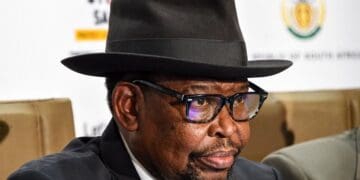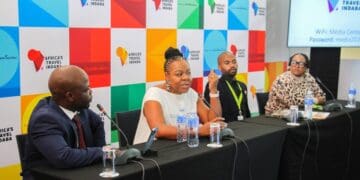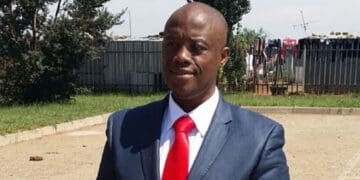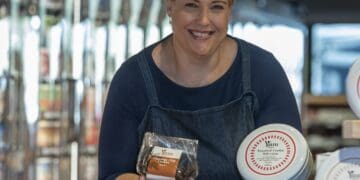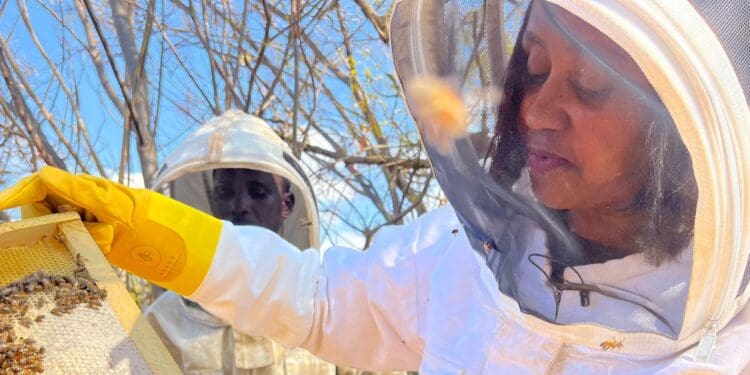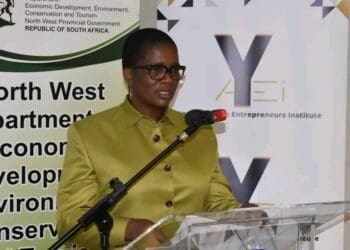By Noko Mashilo
In South Africa, bees are vital to the environment and agriculture, serving as key pollinators for numerous crops and wild plants. They support local biodiversity and food production. For Lulu Letlape, the owner of Bongi Bees in Pretoria, bees are more than pollinators. They are a healing species. Letlape, who began beekeeping as a path to recovery after being diagnosed with an autoimmune deficiency in 2016, told VutivI News: “I needed a fresh and healthier start. When I moved to a farm in Pretoria, I had to decide whether to start cropping or do something different. I chose beekeeping because of its healing properties.”
Originally from KwaMashu in Durban, Letlape finds beekeeping beneficial for both her health and the environment. “Beekeeping cleans and purifies the air. Eating honey helps heal the body, and my beekeeping journey was part of my search for a solution to my autoimmune deficiency,” she explained. Letlape keeps scutellata bees, commonly known as honeybees, which exhibit fascinating behaviours within their hives.

“In each hive, you find three types of bees. The queen bee who lays eggs and nurtures larvae, the worker bee [which is a] non-breeding female; and the drone bee, a stingless male,” said Letlape, who is a former corporate affairs manager. She is particularly intrigued by how bees communicate through a ‘waggle dance’ to indicate the direction and distance of food. “I admire their clear communication and understanding of each other’s roles,” she added.

Letlape believes that bees can recognise and connect with people. “I feel they know me; they sense me coming. Perhaps it’s because of our relationship. I help them thrive and they help me run my business,” said Letlape, who’s Bongi Bees offers raw honey, honey combos, wax, candles and bee removal services. Using langstroth hives specifically designed for South African bees, Letlape combines two boxes, with an option to add a third if the terrain allows. “You can add a third box if the ground is flat enough, but the higher you go, the wind can pose a challenge,” she noted.
Beekeeping has its challenges, Letlape admitted. “The financial entry point is high, and there’s a risk of fires during winter wildfires that are hard to control. Vandalism is another issue, with people stealing honey when hives are placed in unfenced areas. However, there are solutions,” she said.
Addressing misconceptions, Letlape pointed out that some people saw beekeepers as ‘glorified’ due to the association of bees with luck and power. “For me, it’s about the positive impact they have on the environment. Beekeeping has given me life; it’s an energy exchange that brings hope and healing,” she said.


